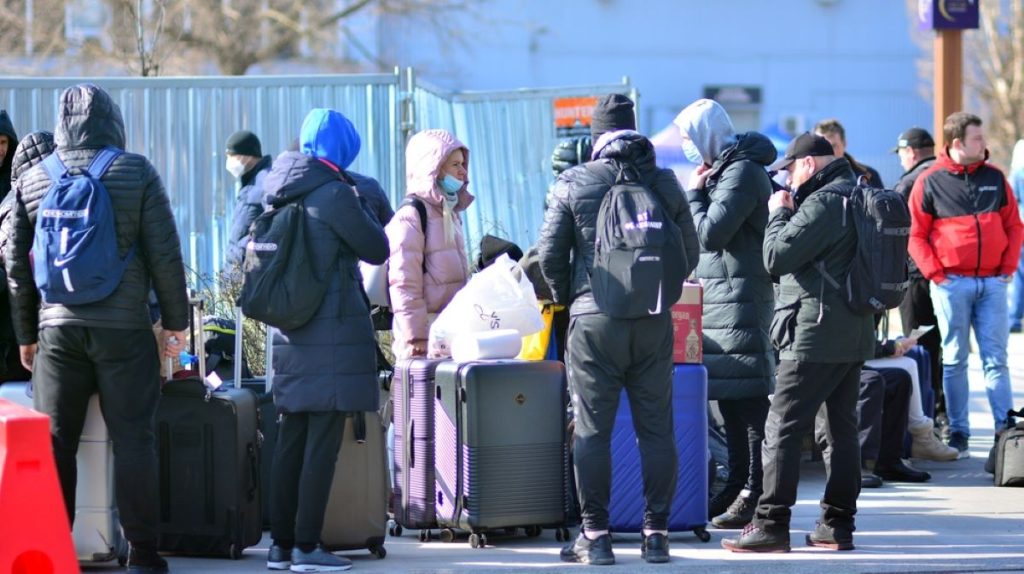Evacuating all civilians from the left bank of the Oskil River is the priority,
Others are reading now
Thousands of people are being evacuated this week from the Ukrainian city of Kupiansk and nearby settlements as Russian forces advance on the strategic northeastern hub, Digi24 reports.
Leave or be killed
Among those fleeing is Iuliia Baibak, who couldn’t endure another Russian airstrike on her neighborhood.
“I came to my parents in tears, white with fear, and said: Either we leave, or we will all be killed here,” Baibak said as she helped her wheelchair-bound mother into a car.
Kupiansk, recaptured by Ukrainian forces six months after Russia took control in its February 2022 invasion, has come under increasing attack as Moscow intensifies its offensive along Ukraine’s eastern front.
Also read
Further south, Russian troops are advancing village by village in the Donetsk region, threatening key transit hubs that supply much of Ukraine’s military in the east.
Evacuating All Civilians
Residents interviewed by Reuters spoke of sleepless nights under relentless Russian shelling.
Located about 60 miles east of Kharkiv, Ukraine’s second-largest city, Kupiansk is now just four miles from Russian forces in some areas, according to regional governor Oleh Syniehubov.
Speaking on Ukrainian television, Syniehubov said the evacuation was necessary because constant Russian bombardments made it impossible to restore electricity, heating, and water supplies.
In a Thursday interview from Kharkiv, Syniehubov explained that evacuating all civilians from the left bank of the Oskil River was the priority, affecting approximately 4,000 residents. The evacuation order came after continued shelling made life in Kupiansk increasingly unlivable.
Among those leaving is 90-year-old Hanna Zorina, who is fleeing the city for the second time. Zorina had returned to Kupiansk last spring, but conditions have deteriorated. “At first, it seemed bearable,” she said. “But then it got to the point where you think: This is it – the end.”


